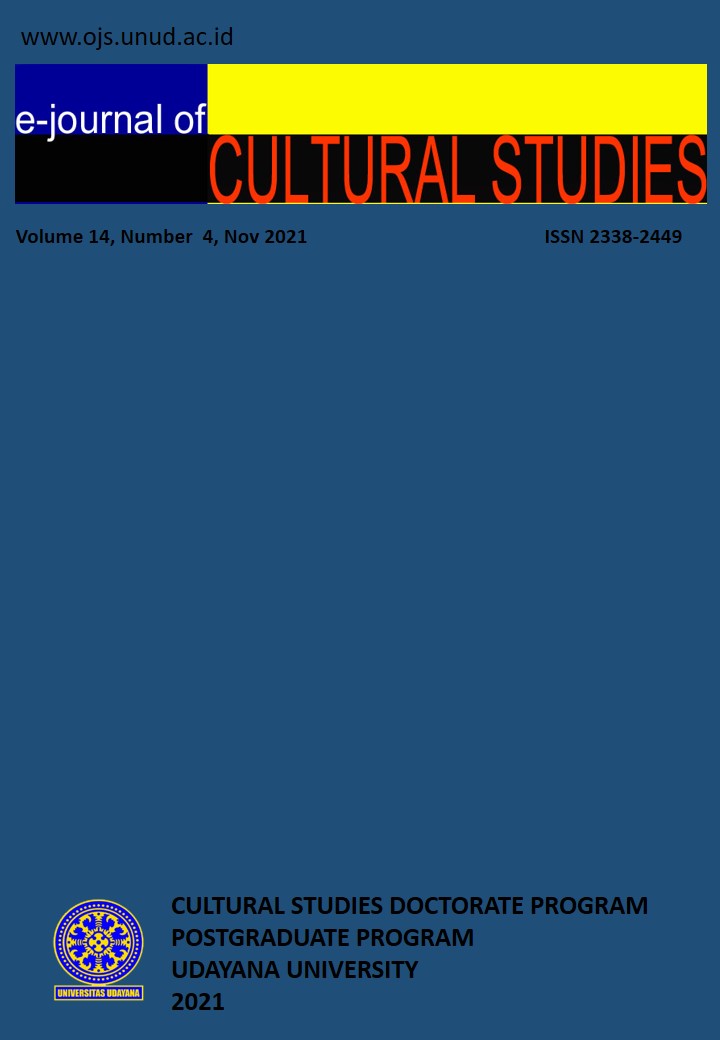CONSUMING CONCERNS: LANGUAGE STYLE OF HUMOUR ON FOUR FEMALE STAND-UP COMEDIANS
Abstract
Comedy is a male-dominated world as sociolinguistics theory also mentions that women employ less humour compared to men. However, female comedians also appeared on television. In Indonesia, Stand-Up Comedy Indonesia (SUCI) is a popular stand-up comedy competition broadcasted by a reputable national network channel, Kompas TV. Interestingly, numerous young female stand-up comedians also took part as participants of SUCI. This study aimed to analyse humour performed by four female comedian finalists from different cultural backgrounds such as Arab-Indonesian, Chinese-Indonesian, British expatriate, and Indonesian with Batak ethnicity. This study employed a qualitative method by applying various techniques such as video selection, downloading, transcribing relevant data, reducing data, applying theories, and concluding. The data were analysed using the theory of women's language and the theory of types and functions of humour. The study found that women employed humour in stand-up comedy to speak up their minds and share their concerns with the audiences using various language styles, including rhetorical questions, hypercorrect grammars, taboo words, and rising intonations. The humour was employed primarily to share their concerns toward sensitive cultural issues such as stereotypes and identity, sexism, relationship and gender equality, and body positivity. In addition, it contributes to enriching the theory of women's language style and humour.
Keywords: humour, stand up comedy competition, women's language style, identity







